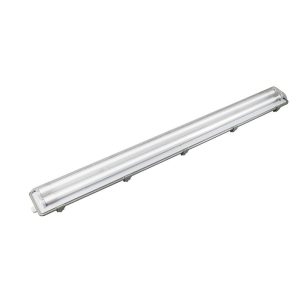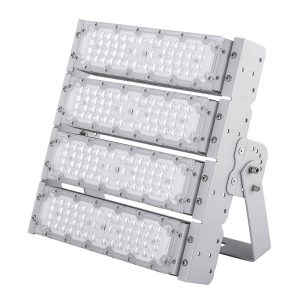T5 grow lights have become a popular choice among horticulturists, gardeners, and indoor farmers alike. These compact, energy-efficient lighting systems are designed to provide the optimal spectrum of light for plant growth, ensuring healthy and robust crops. In this article, we will delve into the world of T5 grow lights, exploring their features, benefits, and applications in modern agriculture.
Introduction to T5 Grow Lights
T5 grow lights are a type of fluorescent lighting designed specifically for horticultural use. The “T5” refers to the diameter of the tube, which is 5/8 inches or 15.88 mm. These lights are known for their high efficiency, long lifespan, and ability to produce a wide range of colors and intensities. The T5 technology has been around since the 1970s, but it has only gained widespread popularity in recent years due to advancements in lighting design and the increasing demand for efficient indoor growing solutions.
How T5 Grow Lights Work
T5 grow lights operate on the principle of emitting light at a specific spectrum that is beneficial for plant growth. The light is produced by a fluorescent tube filled with mercury vapor, which emits UV radiation when an electric current passes through it. The UV radiation then excites a phosphor coating inside the tube, which in turn emits visible light. The T5 tubes are coated with a phosphor mixture that emits a broad spectrum of light, which is optimized for plant photosynthesis.
Benefits of T5 Grow Lights
There are several key benefits to using T5 grow lights in agricultural applications:
- Energy Efficiency: T5 grow lights are highly energy-efficient, consuming up to 60% less electricity than traditional HID (high-intensity discharge) lights. This not only reduces operating costs but also has a positive impact on the environment.
- Heat Output: T5 lights produce very little heat, which is ideal for indoor growing environments where temperature control is crucial. This reduces the need for additional cooling systems, further saving energy and costs.
- Light Output: T5 grow lights provide a high intensity of light, which is essential for photosynthesis and plant growth. The light is also uniform, ensuring that all plants receive the same amount of light without the need for shading or moving the lights.
- Longevity: T5 grow lights have a longer lifespan compared to other lighting technologies, often lasting up to 20,000 hours. This reduces maintenance and replacement costs over time.
- Color Spectrum: T5 grow lights can be designed to emit a variety of color spectrums, including blue, red, and white, to meet the specific needs of different plants at various growth stages.
Applications of T5 Grow Lights
T5 grow lights are versatile and can be used in a wide range of applications:
- Indoor Gardening: T5 lights are perfect for indoor gardens, greenhouses, and hydroponic systems. They provide the necessary light for plants to grow even in areas without natural sunlight.
- Vertical Farming: As vertical farming becomes more prevalent, T5 grow lights are an essential component in maximizing plant growth in limited spaces.
- Hydroponics: T5 grow lights are often used in hydroponic systems, where the roots of plants are grown in water-based nutrient solutions rather than soil.
- Greenhouses: T5 grow lights can be integrated into greenhouse systems to extend the growing season and improve crop yield.
- Agricultural Research: T5 grow lights are also used in agricultural research to study plant responses to different light conditions and to develop new growing techniques.
Choosing the Right T5 Grow Lights
When selecting T5 grow lights, it’s important to consider several factors to ensure the best results:
- Light Spectrum: Different plants require different light spectrums at various growth stages. Choose lights that offer a spectrum that is suitable for your specific plants and growth cycles.
- Light Intensity: Ensure that the light intensity is appropriate for the size and type of plants you are growing. Too much light can cause plant stress, while too little can lead to poor growth.
- Lighting System Design: Consider the layout of your grow space and the height at which the lights will be suspended. This will help determine the appropriate number and type of lights needed.
- Quality and Brand: Invest in high-quality T5 grow lights from reputable brands to ensure reliability and performance.
Conclusion
T5 grow lights have revolutionized the way we grow plants indoors, offering a combination of efficiency, flexibility, and cost-effectiveness. As the demand for locally grown produce and sustainable farming practices continues to rise, T5 grow lights are likely to remain a staple in modern agriculture. By understanding the technology, benefits, and applications of T5 grow lights, horticulturists and gardeners can make informed decisions to optimize their growing environments and achieve successful crop yields.













Explore More from Queendom Lamp
Stay updated with the latest LED technology, lighting solutions, and industry insights.
Request a Quote About Queendom